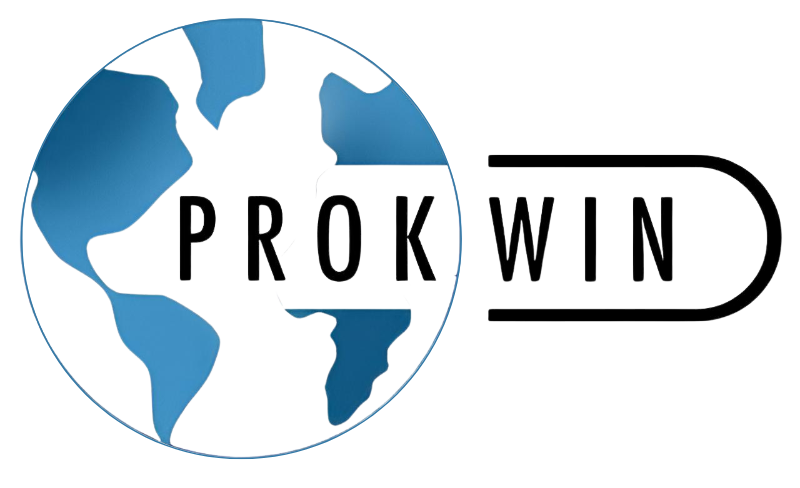Procurement contracts must have list ? 💫
Did you know that most laws actually favor the seller instead of the buyer in the business world ?
While it varies by country & industry, many commercial laws are designed to protect sellers from non payment & liability risks.
That’s why in procurement, we must ensure contracts are carefully structured to protect our interests.
It is critical for us to have it right from the start! so, let see how we can build a solid procurement contract that protects our interests & ensures smooth supplier relationships.
But first, when should we have a contract draft?
From the start!
🚫 don’t wait until negotiations are almost done! having a draft early allows us to set expectations, align with legal & compliance teams, & prevent suppliers from dictating terms.
From experience, the best time to share an NDA or contract is right at the beginning (I send it as part of the documentation in all my RFQs)…
This way, suppliers know what they’re bidding for, which saves time, avoids delays & complications. & then we move on to discuss commercial & technical parts.
Why is a contract critical for us?
– it sets clear expectations & prevents misunderstandings
– it mitigates risks related to supplier failures, unexpected costs & legal issues
– it ensures compliance with regulations & protects confidential information
– it helps avoid disputes by defining roles, responsibilities & penalties
So, what should we include in our contracts?
1. scope of work
2. pricing & payment terms
3. delivery timelines & penalties
4. quality standards & inspection
5. liability & warranties
6. confidentiality & data protection
7. termination & exit clauses
8. dispute resolution
9. force majeure
10. compliance with laws & regulations
11. General provisions
& Rely & involve Legal colleagues 🙂
What are our common mistakes ?
– vague language -> be precise!
– skipping performance metrics
– forgetting penalties
– ignoring regulatory requirements
– using outdated templates
– not getting legal involved early
– delaying contract signing
So let’s ensure legal is involved from the start?
1. set a clear process with legal team, defining when & how legal reviews procurement contracts
2. create pre approved templates, it saves time & ensures compliance
3. use a contract checklist, make it easy for procurement teams to include legal must haves!
4. build strong collaboration with legal!!
⭐ MY favorite: have templates ready, always!
– having pre approved contract templates means we don’t have to start from scratch every time
– templates help us to save time, speed up negotiations & ensure all key clauses & compliance are covered
and remember to always get that NDA or contract signed early! it saves time, avoids confusion & keeps everything running smoothly.
Below my must have list for contract -> what can we improve?
Is your country favoring the Seller over the Buyer in the B2B world?


No responses yet